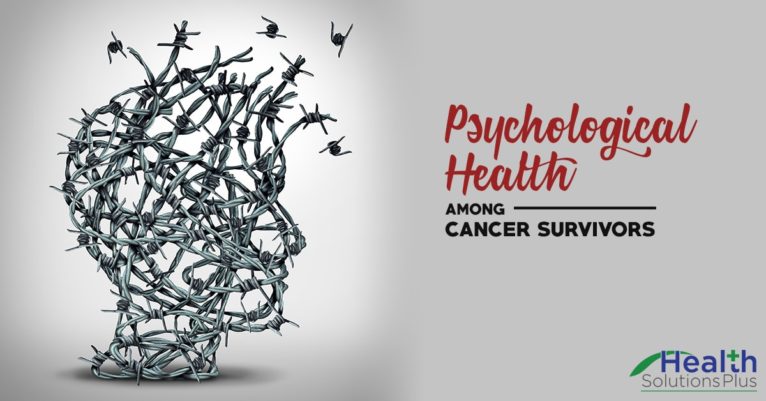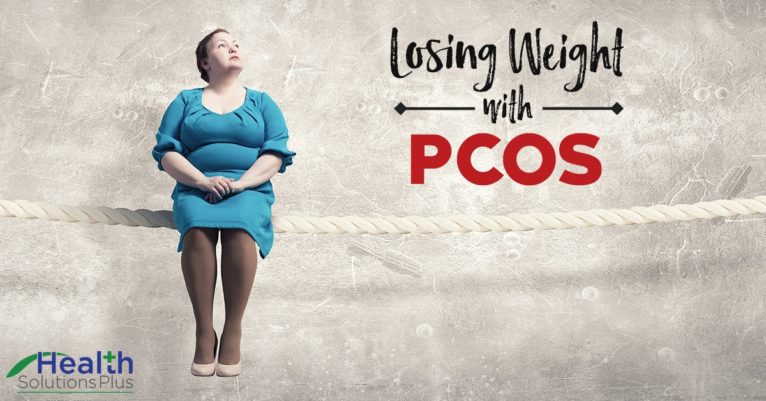Studies show that the chances of having cancer while you are pregnant are pretty low. Yet, this does happen and there are many mothers who have been able to deliver a healthy, happy baby, with little harm to themselves.
What happens, how can you get treatment if cancer occurs during pregnancy and what actions need to be taken? Here is all the information you need to fight the disease while keeping yourself and the baby safe.
Tumors and Pregnancy
Stats clearly indicate that cancers during pregnancy are pretty rare. If they do occur, they are mostly of breast, melanoma, cervical or lymphoma. The tumor that takes placed could be non-cancerous and later develop into cancer. At most times, the tumor is benign.
Studies show that most cancers almost never harm the baby, and treatment options are also generally safe. Still the first thing that needs to be done is see what kind of cancer it is, what stage it is on, and what treatment will be needed to get rid of it. This is where a proper specialist, or the oncologist comes into the picture, as they with their cancer treating team will be best able to guide you on what needs to be done.
Do You Have Cancer?
The very first thing that you need to determine is that whether or not you or your loved one has cancer. There are quite a few tests that need to be done. The problem is, pregnant women discover late that they have cancer, because as is the case of breast cancer, shape and size of the breast has already changed, so women aren’t conscious of whether or not there might be a cyst or tumor developing.
Some other symptoms of cancer like bloating, rectal bleeding, headaches are also common during pregnancy. Another reason why diagnosis can get delayed. But for the same reason, pregnancy can also become the cause of cancer detection due to the possibility of Pap smear test. It can lead to the discovery of cervical cancer. Ultrasound likewise could show if a woman is suffering from ovarian cancer.
There is one thing that you will need to remember though. Gestational trophoblastic disease or GTD, is also a tumor that is mostly benign and can occur when a fertilized egg is unable to turn into a fetus. This disease is mostly difficult to find at first. One type of GTD is molar pregnancy where the pregnancy may look completely normal but it isn’t. If you think there is something wrong with your baby or you continue to have vaginal bleeding that is not menstruation, then you need to visit your doctor immediately and get it checked.
So what are the tests that can confirm presence of cancer in a pregnant woman other than the ones mentioned above? Here are the safest options:
- CAT or CT scans: These tests are relatively similar to x-rays but they are able to make a more accurate assessment of the cancerous condition. They are best to not only discover the presence but to see whether there is any spread of the cancer. It is recommended that women use lead shield to protect the fetus even though these tests are considered safe during pregnancy.
- X-ray: Most people would be anti-x-ray during pregnancy but research shows that the radiation present in X-rays is low enough to not harm the baby.
- Some other pregnancy detection tests include biopsy, MRI and ultrasound. Since these tests do not have ionizing radiation, they can safely be performed on pregnant women.
Your Diagnosis is Positive…What Now?
So it has been confirmed by your medical doctor that you have a malignant tumor. What is the next step? Discussion with your gynecologist as well as an oncologist is essential. They will first check out the following things:
- Where is the cancer
- What is the size of the cancer
- How is your health overall
- How far the pregnancy has progressed
- Whether or not the cancer has spread, and if so, to how many locations
Once surgery has been performed, which is either mastectomy or BCS (breast-conserving surgery), radiation is suggested. There are times when radiation can be delayed until after delivery, but for most cases it has to be done immediately otherwise there is fear of cancer recurring.
As soon as all the treatment is done, the mother gets her lymph nodes checked to make sure that cancer has not spread. If it is cancer of the breast, lymph nodes from the armpits are usually removed. This is generally a safety measure so that any chances of the cancer coming back are limited.
Depending on what stage the pregnancy is, after surgery options are considered. It could range from chemo to radiation to hormone therapy. Mostly radiation is avoided but can be given in serious cases. Chemo can be safely administered any time after the first trimester. Hormone therapy is generally avoided until after the baby is born, as there are risk for damage to the little one.
Pregnancy Termination
Once these things have been confirmed, the doctor will then discuss treatment options with you. For some cancers, like breast cancer, surgery is recommended where the entire cancerous section is removed. It is then followed by targeted radiation or hormone therapy. Chemo is said to be unsafe only in the first trimester and can be given if the pregnancy has furthered along.
Yes there are times when in order to save the life of the mother, doctors ask for the termination of the pregnancy. But most researchers and doctors agree that this is not a necessity in majority of the cases. Even if the mother is not in a good condition as far as her cancer is concerned, the baby is not affected and can be delivered safely.
No matter what the situation, survival rate of mother as well as the baby with good health is high during pregnancy. So you do not need to give up or think that nothing can be done. Get in touch with your oncologist immediately and follow their recommendations as soon as possible.
References














